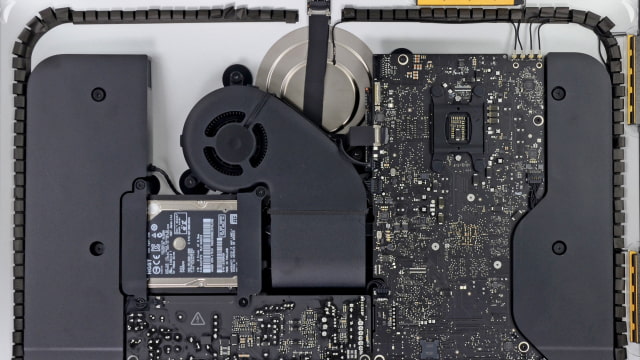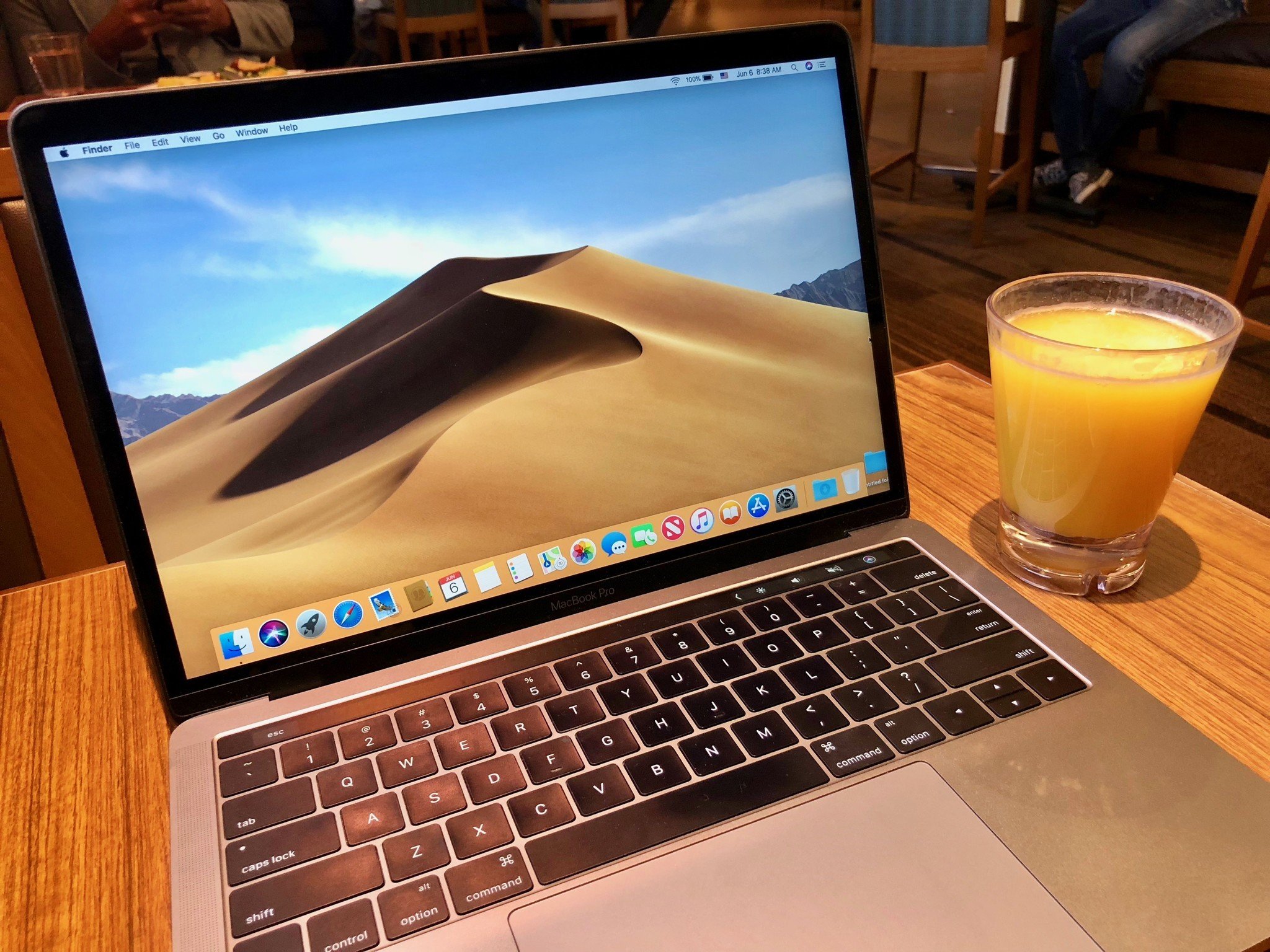Connect the drive to your iPhone or iPad to launch the app. Once the app launches, you can set the app to automatically back up photos and videos from your camera roll to the drive. The app also makes it easy to watch videos or listen to music directly from the drive. Find the appropriate download link in the upgrade instructions for each macOS version: macOS Catalina, macOS Mojave, or macOS High Sierra Installers for each of these macOS versions download directly to your Applications folder as an app named Install macOS Catalina, Install macOS Mojave, or Install macOS High Sierra.
Google Drive is the organizational tool par excellence and, some would argue, the glue that keeps many people’s online life together. Google Drive is Google’s file storage, sharing, and synchronization tool, and like Google’s other core Suite services, it’s totally free at the most basic level. Integration with Google Docs means that if you were so inclined, you could manage your entire online life in the cloud. If that sounds good and you’re looking for a way to get all your online information organized, accessible, and shareable, you could do a lot worse.

Cloud based storage
Google Drive is perfect for storing files and accessing them on the go.
Google Drive is a cloud-based file storage service that allows you to access your files, photos, music, and more across multiple locations and with multiple users. If you’ve ever regretted that a document was on the computer at home while you were at work, or battled with a pen drive that just won’t work, Google Drive may well be the answer to your prayers.
Beyond simply storing your files, Drive also allows you to share them and collaborate with other users in real-time. The only drawback here is that security on this sharing is not as tight or advanced as you might be used to if you’ve used other file sharing tools in the past.
Google Drive also offers automatic backup and syncing for Mac and Windows users. That means you can create a file on your desktop that will be automatically synced to the cloud, perfect if you work on your computer but want to make sure that others can contribute or see it too.
A fast, clean piece of software, the only thing that will slow Drive down is whatever it is you’re storing on it. Keep your files organized and free of duplicates to get the most out of the tool. Access and privacy benefit from all the usual features you’d expect from a Google tool, including 2-step authentication and on-the-ball alerts for any possible security concerns. In the free tier, you’ll probably have to at least try to troubleshoot any problems yourself, as getting in touch with a customer support representative is a roundabout process that can take a while. If you’re tackling a problem, take advantage of the massive amount of help and training Google provides online.
Finally, it would be remiss not to mention Google Drive’s ability to integrate with Google Docs. If you already use this office suite, it makes using Drive to store all your documents a no-brainer and works so perfectly, you wouldn’t even consider moving.
Where can you run this program?
Google Drive is available online, with backup and sync available for Windows (7 and above) and macOS. You can also download the Drive app on iPhone, iPad, and Android. The free version offers 15GB of storage spread over your Google Account. After that, you can upgrade to various tiers of paid storage. If you use a Google for Business account, you’ll start with a greater amount of free storage.
Is there a better alternative?
Unless you’re a OneDrive or iCloud user, many will consider the true alternative to Google Drive to be Dropbox.

In the Drive vs. Dropbox debate, Google takes an early lead because it offers way more free storage than Dropbox - 15GB vs. 2GB - but remember that 15GB is spread across your whole Google account. Even so, it’s better than 2GB, and that may sway users with smaller amounts of data to store.

Google Drive also triumphs in terms of security and ease of browsing, but Dropbox has faster upload and sync. Google Photos offers a great add-on to Drive for managing a usual quantity of photos, but if you’re dealing with truly huge amounts of data, Dropbox’s faster upload may save your patience and your sanity.
Our take
Google Drive is a solid, easy-to-use, and accessible file storage, sharing, and organizational app. If you’re looking for a really easy way to store documents, photos, and more and share them with the people who matter in your life, we think it’s a great option.
If the majority of your uploads are going to be photos and videos, definitely consider using it in conjunction with Google Photos, but if you’re focused on documents and PDFs, then it’s perfect as is. The standard amount of storage for free users is more than enough for an average person’s non-business use and provided you keep your Drive free of duplicates and general mess, you’re unlikely to hit up against the limit.
Google Drive’s search capabilities are another reason we’re such big fans. Imagine what you’re likely to be storing in your Drive - letters, instructions, lists, song lyrics, schedules, plans, and more. Sure, you’ll have an easier time if you categorize them sensibly, but that super-powered Google search makes finding things a breeze. Seeing as how you’ll be using Drive to store documents and then access them on the go, this makes perfect sense - and will make your life so much easier!
Should you download it?
Yes. If you’re a personal user who will use the free version, we think Google Drive is one of the most accessible and user-friendly cloud storage and sharing platforms around. If you think you’re going to be storing or uploading a huge number of large files, you might need to look to Dropbox for something faster, but for most users, Google’s offering more than ticks all the boxes.
1.3.33.7
These advanced steps are primarily for system administrators and others who are familiar with the command line. You don't need a bootable installer to upgrade macOS or reinstall macOS, but it can be useful when you want to install on multiple computers without downloading the installer each time.
Download macOS
Find the appropriate download link in the upgrade instructions for each macOS version:
macOS Catalina, macOS Mojave, ormacOS High Sierra
Installers for each of these macOS versions download directly to your Applications folder as an app named Install macOS Catalina, Install macOS Mojave, or Install macOS High Sierra. If the installer opens after downloading, quit it without continuing installation. Important: To get the correct installer, download from a Mac that is using macOS Sierra 10.12.5 or later, or El Capitan 10.11.6. Enterprise administrators, please download from Apple, not a locally hosted software-update server.
OS X El Capitan
El Capitan downloads as a disk image. On a Mac that is compatible with El Capitan, open the disk image and run the installer within, named InstallMacOSX.pkg. It installs an app named Install OS X El Capitan into your Applications folder. You will create the bootable installer from this app, not from the disk image or .pkg installer.
Use the 'createinstallmedia' command in Terminal
Google Drive App For Mac
- Connect the USB flash drive or other volume that you're using for the bootable installer. Make sure that it has at least 12GB of available storage and is formatted as Mac OS Extended.
- Open Terminal, which is in the Utilities folder of your Applications folder.
- Type or paste one of the following commands in Terminal. These assume that the installer is still in your Applications folder, and MyVolume is the name of the USB flash drive or other volume you're using. If it has a different name, replace
MyVolumein these commands with the name of your volume.
Catalina:*
Mojave:*
High Sierra:*
El Capitan: - Press Return after typing the command.
- When prompted, type your administrator password and press Return again. Terminal doesn't show any characters as you type your password.
- When prompted, type
Yto confirm that you want to erase the volume, then press Return. Terminal shows the progress as the bootable installer is created. - When Terminal says that it's done, the volume will have the same name as the installer you downloaded, such as Install macOS Catalina. You can now quit Terminal and eject the volume.
* If your Mac is using macOS Sierra or earlier, include the --applicationpath argument, similar to the way this argument is used in the command for El Capitan.

Use the bootable installer
After creating the bootable installer, follow these steps to use it:
- Plug the bootable installer into a compatible Mac.
- Use Startup Manager or Startup Disk preferences to select the bootable installer as the startup disk, then start up from it. Your Mac will start up to macOS Recovery.
Learn about selecting a startup disk, including what to do if your Mac doesn't start up from it. - Choose your language, if prompted.
- A bootable installer doesn't download macOS from the Internet, but it does require the Internet to get information specific to your Mac model, such as firmware updates. If you need to connect to a Wi-Fi network, use the Wi-Fi menu in the menu bar.
- Select Install macOS (or Install OS X) from the Utilities window, then click Continue and follow the onscreen instructions.
Learn more
For more information about the createinstallmedia command and the arguments that you can use with it, make sure that the macOS installer is in your Applications folder, then enter this path in Terminal:
Catalina:
Mojave:
High Sierra:
Google Drive
El Capitan:
